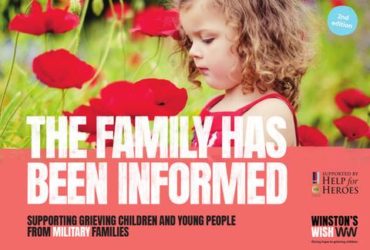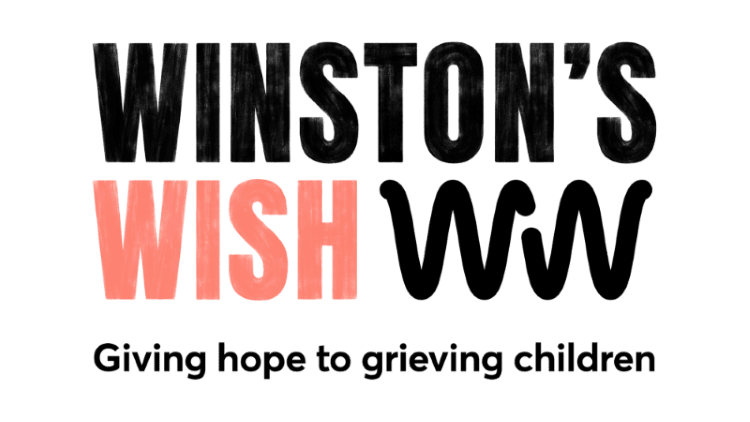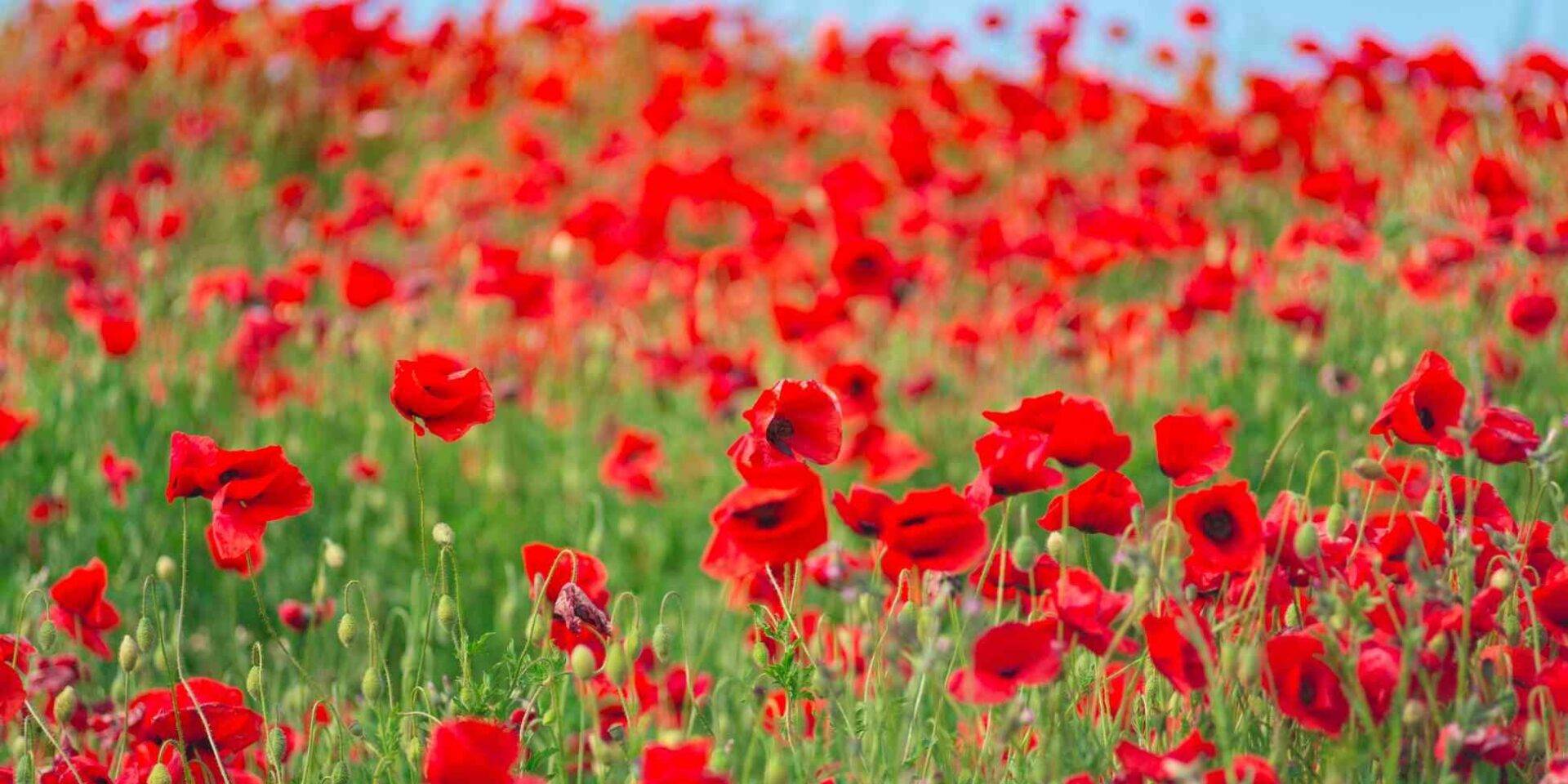There are many occasions when children, young people and families will remember someone who has died. Maybe on their birthday, anniversaries, religious festivals and any days that are significant to them. For military families, there are also public days, including Remembrance Day and Armed Forces Day, when you will think about your special person.
How might grieving children and families feel on Remembrance Day?
Remembrance Day in November is a time when the whole country thinks about the Forces and those who have died in service. Public days like this can be difficult for children, young people and families who are grieving for someone in the military.
In schools and youth groups, there might be a Remembrance Day service or lessons or activities themed around Remembrance Day. Some children and young people might find it comforting to feel that, even for a short while, people are honouring your relative who died, while others might find it upsetting. Some children get upset when they see Remembrance Day poppies on sale; others are upset if they think someone should be wearing a poppy and isn’t.
Spending time as a family to discuss your thoughts about these days can be useful. There may be mixed feelings in families about attending a service or ceremony at a local war memorial. If young people are not keen to go, it’s worth exploring if there are other ways of remembering that they would like to try.
Wise schools and teachers are alert to such occasions, but it doesn’t hurt to remind them when an event such as Remembrance Day may be painful.
12 ways to remember someone in the military who has died:
- Use a memory box or memory jar to keep and treasure the things that remind you of the person who has died
- Create a book of all the photos of that person’s life in the military and a record of the work that they did
- If they had medals you could display or keep them in a memory box
- If you have their uniform you could frame it or keep it in a memory box
- Have a special candle and light it on important days that remind you of them
- Take a card, drawing of special message to their grave, or to where their ashes were buried or scattered
- Plant some bulbs or a shrub in a place that holds special memories
- Eat their favourite meal, listen to their favourite music or watch their favourite film
- Ask other people for their memories of the person who died
- Find out where their favourite places were and plan to visit when you can or visit where they grew up
- Have a go at doing some of the things they did for fun – bike riding, gardening, cooking
- Write a letter or poem to them or about them
Where to get support
If you’re a young person who is struggling with their grief or you are an adult who would like help to support a child or young person, Winston’s Wish are here to help. Winston’s Wish provides support for grieving children, young people (up to 25) and adults supporting them. Please call our Freephone Helpline team on 08088 020 021, email ask@winstonswish.org or use our live chat. We can provide advice, support and resources.
If you need urgent support, the Winston’s Wish Crisis Messenger is available 24/7 for free, confidential support in a crisis. Text WW to 85258.
Other resources you might find helpful

Support for military families
Information and guidance on how to support and talk to children about a death and coping with grief and what support Winston’s Wish can offer bereaved military families.

The Family Has Been Informed
Our specialist book offers practical guidance for military families after someone has died. Includes activities and resources to help adults support grieving children and young people.


